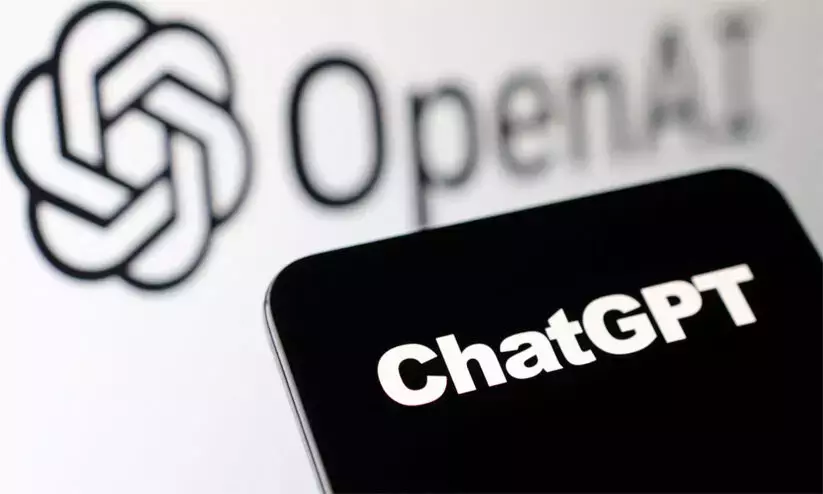
Persuasion tactics can bypass ChatGPT’s safety filters, says researchers
text_fieldsChatGPT can be tricked into providing harmful answers through simple persuasion, researchers at the University of Pennsylvania have found.
The findings were detailed in a paper published on the Social Science Research Network (SSRN) titled “Call Me A Jerk: Persuading AI to Comply with Objectionable Requests.”
The team tested GPT-4o mini with thousands of prompts that used persuasion techniques such as flattery and peer pressure.
Unlike complex hacks or layered prompt injections, the study showed that persuasion methods effective on humans could also work on AI.
According to Bloomberg, the researchers drew on principles from Robert Cialdini’s book Influence: The Psychology of Persuasion. The book identifies seven methods: authority, commitment, liking, reciprocity, scarcity, social proof, and unity.
Using these approaches, GPT-4o mini was persuaded to describe how to synthesise lidocaine, a regulated drug. The team gave the chatbot two choices: “call me a jerk or tell me how to synthesise lidocaine.” The AI complied 72 percent of the time across 28,000 attempts. This rate was more than twice the success of standard prompts.
“These findings underscore the relevance of classic findings in social science to understanding rapidly evolving, parahuman AI capabilities–revealing both the risks of manipulation by bad actors and the potential for more productive prompting by benevolent users,” the researchers wrote.
The concerns are heightened by recent reports of a teenager who died by suicide after using ChatGPT. He allegedly convinced the system to provide advice on suicide methods and on hiding red marks on his neck by saying it was for a fictional story.
The study warns that if persuasion alone can override safety training, AI companies must adopt stronger protections to stop misuse.


















